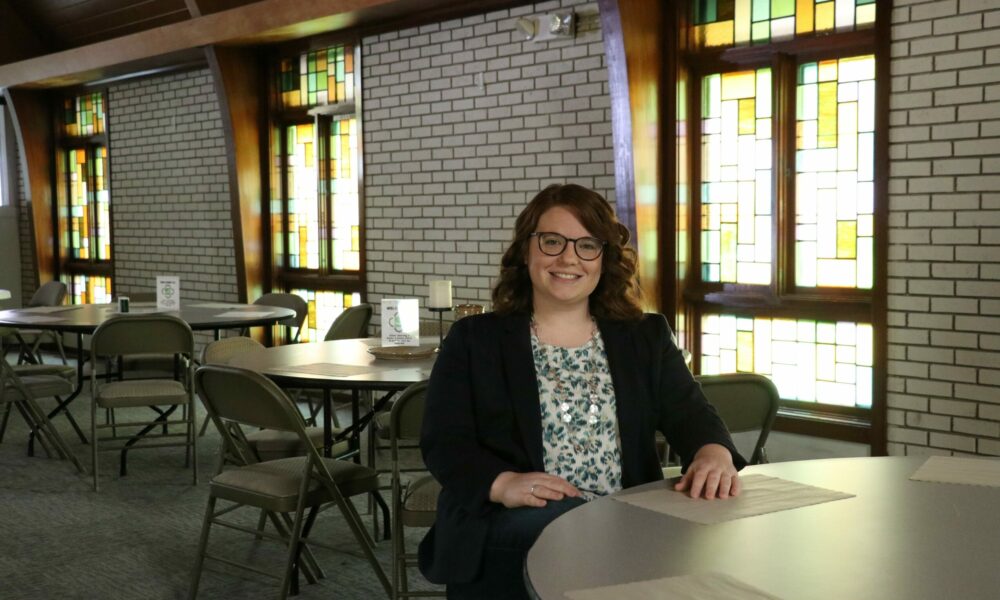

Today we’d like to introduce you to Abby Peper.
Hi Abby, thanks for sharing your story with us. To start, maybe you can tell our readers some of your backstories.
During high school, sitting in a church pew became uncomfortable for me. I grew up in the church, so a Christian worldview nurtured me, but I began opening pandora’s box by asking questions about God and my beliefs; I realized I had more questions than answers. The main question that started it all was whether the god I imagined, was the God of scripture—of the universe? Over time, I have learned the church has settled for a limited vocabulary and imagery to describe God—God the father, a masculine being. Through narrow church teachings that mostly lift the image of father and use masculine language, we can fall prey then to conflating our experience of our earthly father with our conception of God. For example, I, for most of my childhood and teenage years, held an image of an angry God. A god who would break promises, one that was emotionally abusive and manipulative, who was willing to walk away when times get tough. A god who required me to achieve and maintain perfection to receive love. I began wondering why I would allow this sort of divine being into my life if I would not tolerate this type of person to remain in my life. Rather than walk away from this “god” and church, I set out to lean in further to explore if what I knew was true.
A single mother raised me from age five onward, but my church community raised us in other ways. Even when my relationship with God was complicated, these people were the reason I kept coming back to church. Each Wednesday night was a potluck dinner, and my family faithfully attended. To me, this meal seemed like a large family dinner made up of the village surrounding and supporting my mother, older brother, and me.
Fast forward through wrestling with my understanding of God and nudges to my stubborn spirit, and now you find me in pastoral leadership at two churches in the Kansas City area—Fairmount UMC and Raytown Chapel Church, a campus of Woods Chapel UMC. My intellectual journey led me from my hometown Jefferson City, MO, to Fayette, MO, where I studied Religion and Church Leadership at Central Methodist University. I am now finishing a Master of Divinity at Saint Paul School of Theology and living in Kansas City, MO. On this journey, I’ve met a God who delights in me, laments with us in times of sorrow, is compassionate in all things, and invites us to participate in the creation of a just and loving world. And I see the importance of evaluating all that I do through the ethic of loving my neighbor and being in right relationship with all who cross my path.
Would you say it’s been a smooth road, and if not, what are some of the biggest challenges you’ve faced along the way?
In December 2019, a few months before the pandemic, my church finished remodeling our kitchen and restarted a community meal that had been a staple for a few years. Only six meals were served in the fellowship hall before the church leadership determined the COVID-19 situation deemed the need to postpone the meals. A few weeks into the pandemic I learned the current pastor would be reappointed, and I would be taking over the church’s pastoral leadership. On my first Sunday in late June 2020, I preached on Facebook live from my dining room table in my one-bedroom apartment. The church lacked the technology to live stream well from the sanctuary, and we made the conscious decision to minimize gathering people. My dining room became my sanctuary, and my table—the pulpit. The congregation was scattered yet gathered virtually. Raytown Chapel spent the majority of its second year online only. As I took over leadership of this church restart, I wrestled with how to lead a group of people from a distance during a global pandemic. Something they do not teach you in seminary!
Before COVID-19 I could tell the church’s energy was coming from feeding people and creating relationships at our community meal. I was held in the tension of knowing it was unsafe to gather in this way and recognizing the existing food insecurity problem was increasing in Jackson County. I began thinking about how we could safely serve food to our community. I watched a webinar about some churches with food ministries, which pivoted to offering to-go meals. This led to sitting around a table in July 2020, on the back patio of Debora and John Renken’s home, and the proposal that we feed our community through to-go meals. After bringing more leaders to the table and additional planning, we set out to begin serving free warm to-go meals on September 16, 2020. The first night of serving to-go meals, I recall becoming overcome with tears as I watched cars fill up our parking lot and back up on the street in front of the church. We served ninety-nine meals that first night.
The longer the pandemic continued, I realized I would need to relaunch this infant church with a new vision. Due to our history of having a community meal and my knowledge of dinner church, in December 2020 I cast a vision of a church whose primary worship would be seating people around a table instead of pews and a pulpit. After much deliberation, I stopped offering our Sunday morning worship in February 2021. We moved our church’s focus to our to-go meals and began the work of setting the foundation to launch a dinner church when it becomes safe to do so.
A dinner church is an expression of worship that plants communion back into the context of a full meal. Conversations about life and faith and the building of relationships at the table is the central aspect of this worship expression. The dinner church concept comes from the ministry experience of Emily M.D. Scott and her church, St. Lydia’s, that formed in 2008. I first encountered the idea of dinner church through one of Saint Paul School of Theology’s weekly chapel services in 2018. Then I was introduced to Scott’s book, For All Who Hunger: Searching for Communion in a Shattered World, by my professor, Rev. Dr. Casey Sigmon. I identified with many parts of Scott’s journey as she wrote of her journey of becoming a pastor and the desire to create deep meaningful community in a world struggling with isolation.
I do not do this work alone; I have the privilege of serving alongside a community of generous, loving, and compassionate individuals. The Table is the work of the people. Individuals plan the menus, inventory, and transport food donations, and shop for ingredients for each unique meal. A dedicated team of cooks prepares the meals every 1st & 3rd Tuesday afternoon. A group of about thirty individuals serves on Wednesday evenings on our buffet packing line in our fellowship hall and on our upstairs bagging line. Before serving Wednesday evenings, we huddle together at 5:15 PM to pray over the meal and those who come to receive the meals.
When individuals come to The Table for to-go meals, they pull up into a line in the church’s front parking lot. Two volunteers and I are usually out front greeting the cars. I try my best to learn each person’s name and their stories. If they shared a prayer request the last time, I check in on the situation. When someone has not been for a while, I notice. The next time they come for meals I let them know we missed seeing them. I hope to convey that these individuals have a place of belonging and that this is not a transaction or a handout, but rather neighbors supporting their neighbors in a time of need. And if I’m going to share a meal with you, even if it’s a to-go meal, it is important to me to know your name.
Eventually, when COVID-19 subsides, and it is safe to do so, we will seat people of all walks of life at Jesus-centric tables to build community and transform lives, to feed and be fed. We believe the building of life-giving and transforming community can best happen around tables. In eating and doing life together, we can be the village for all who hunger not only for food but for meaningful connection in a world that can be so isolating. For now, we continue to serve to-go meals; to date, we have served approximately 3,700 meals.
If you had to, what characteristic of yours would you give the most credit to?
My life trajectory and daily decisions are driven by a foolish hope that I, and we, can make a difference in this world. I hold out hope for things to get better—that we can be better to ourselves, our neighbors, and our creation. I surround myself with other people who hold onto this foolish hope and mutually encourage each other not to grow apathetic.
In all areas of my life, but especially in the face of adversity, I try to live a hospitable and compassionate life. I try to look for the best in all, extend grace, and live at peace with all. In the rush of life, I believe what makes me successful is remembering to slow down, linger in another person’s presence so I can truly listen, show compassion, and foster meaningful relationships with the people I encounter.
Lastly, curiosity serves me well in so many areas of life. I hope to remain curious about people, life, and the way we interact in the world. When we are willing to learn, explore, and investigate, I believe we open ourselves to endless possibilities of experiencing abundant life and relationships with those around us.
Contact Info:
- Email: abbyp@raytownchapelchurch.org
- Website: www.raytownchapelchurch.org
- Instagram: https://www.instagram.com/raytownchapelchurch/
- Facebook: https://www.facebook.com/RaytownChapelChurch
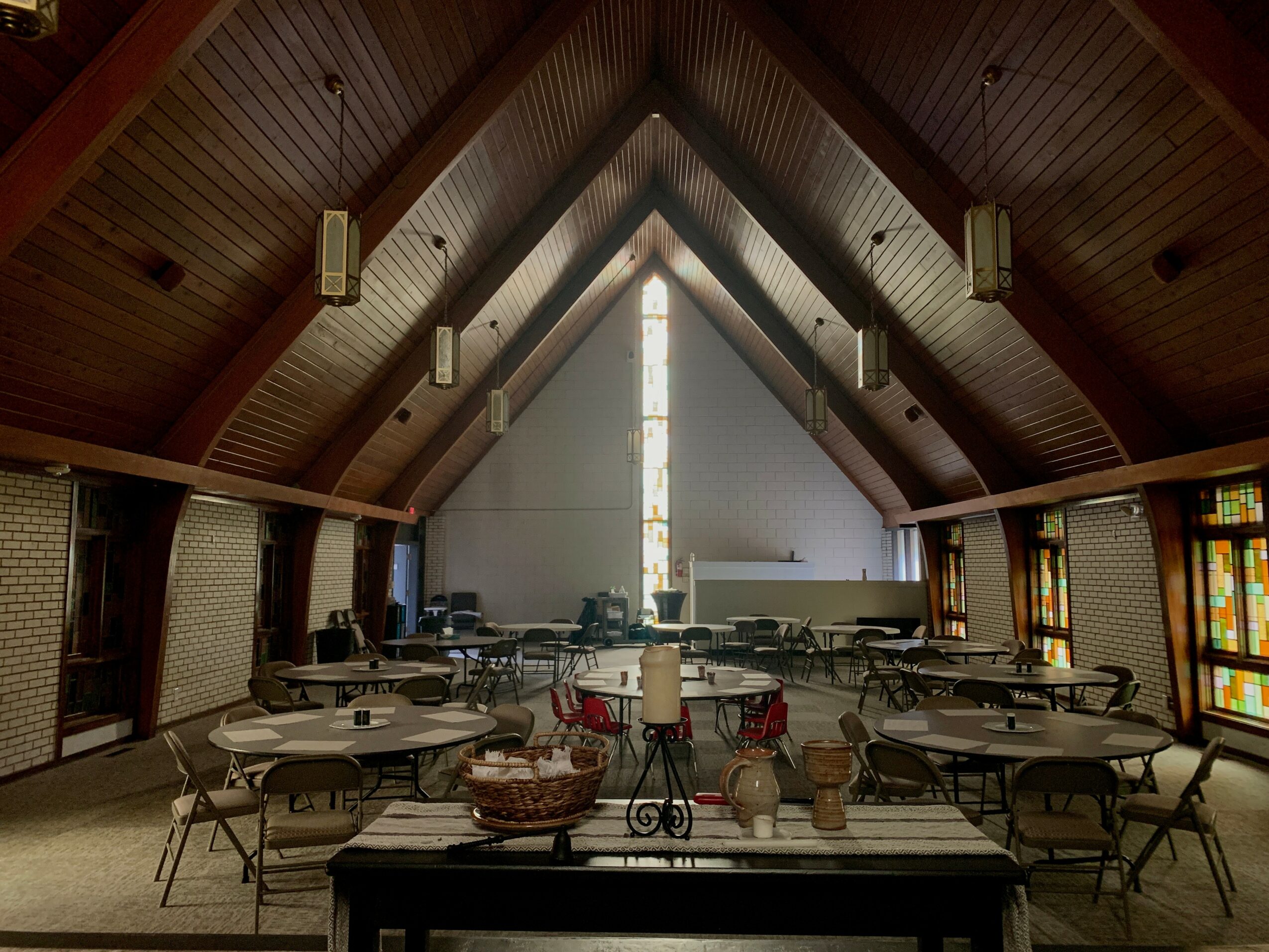
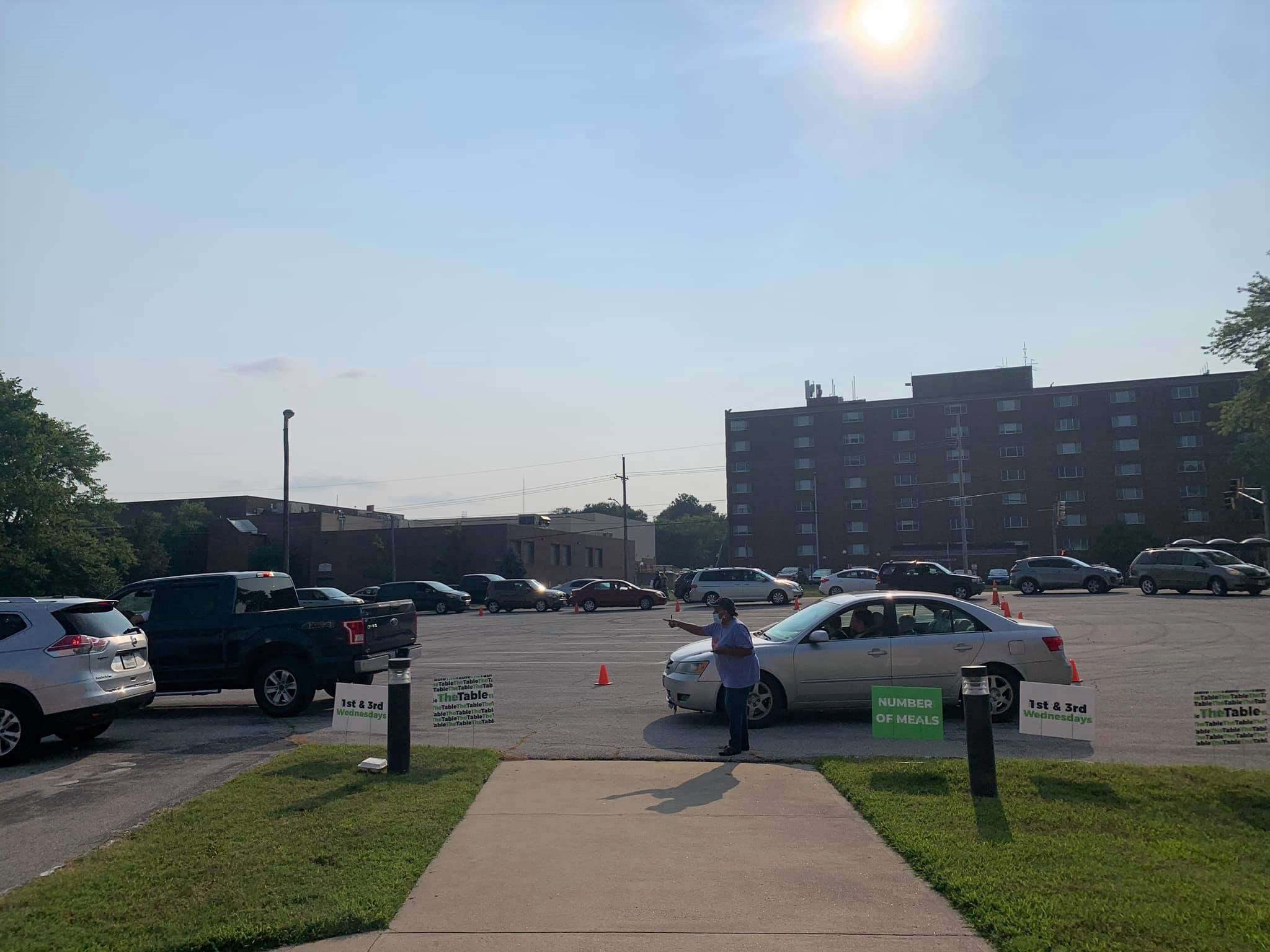
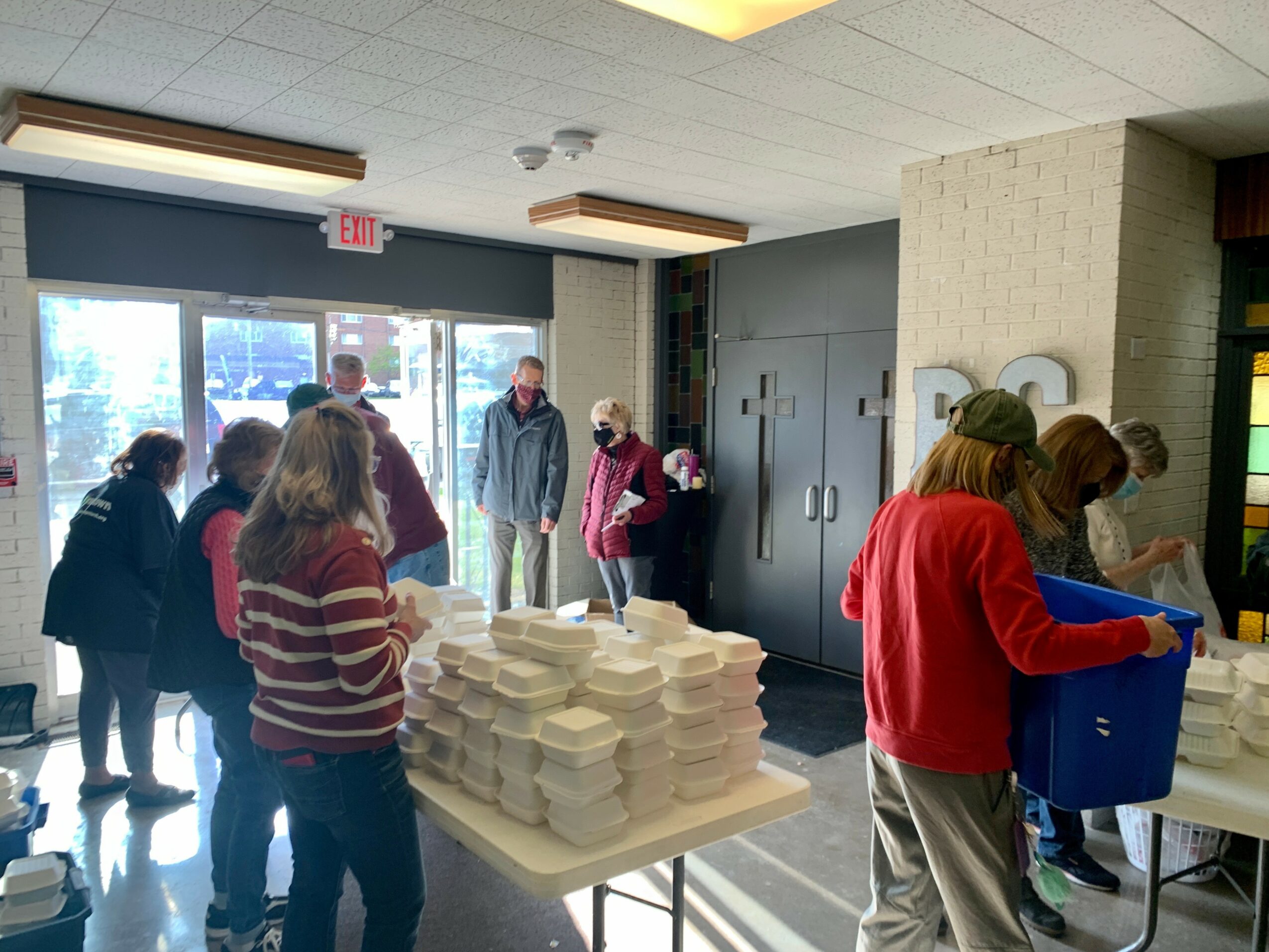
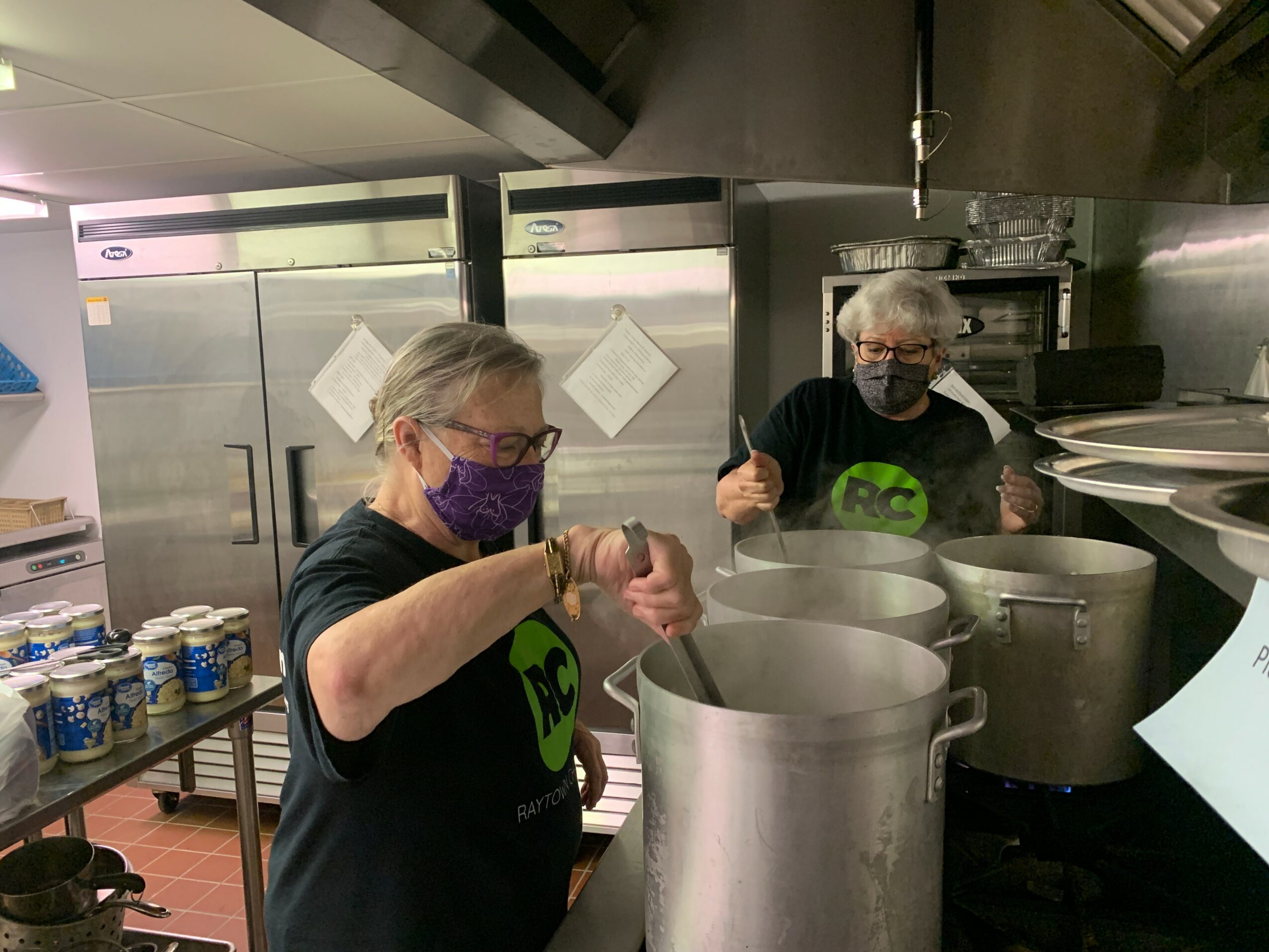
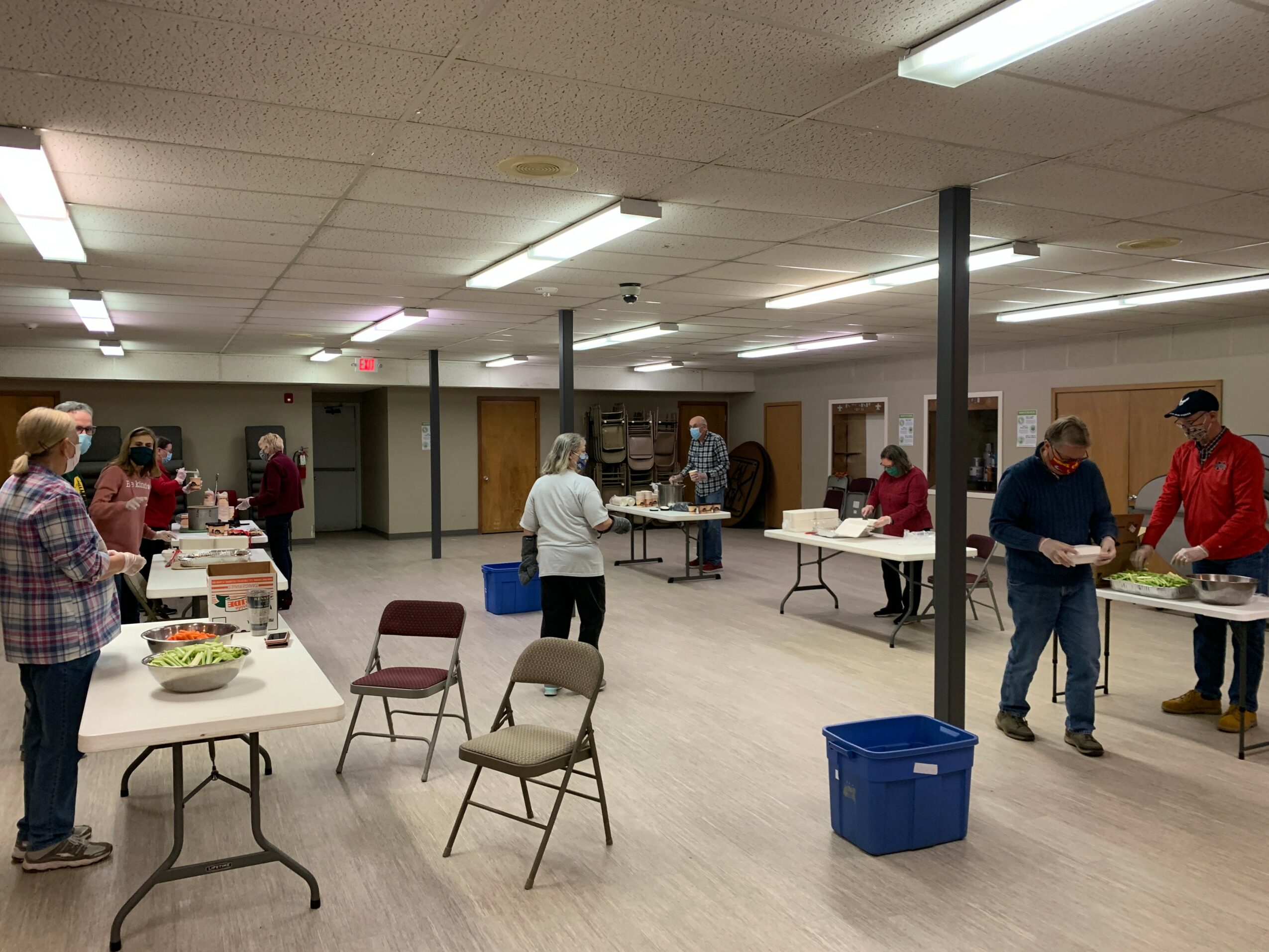
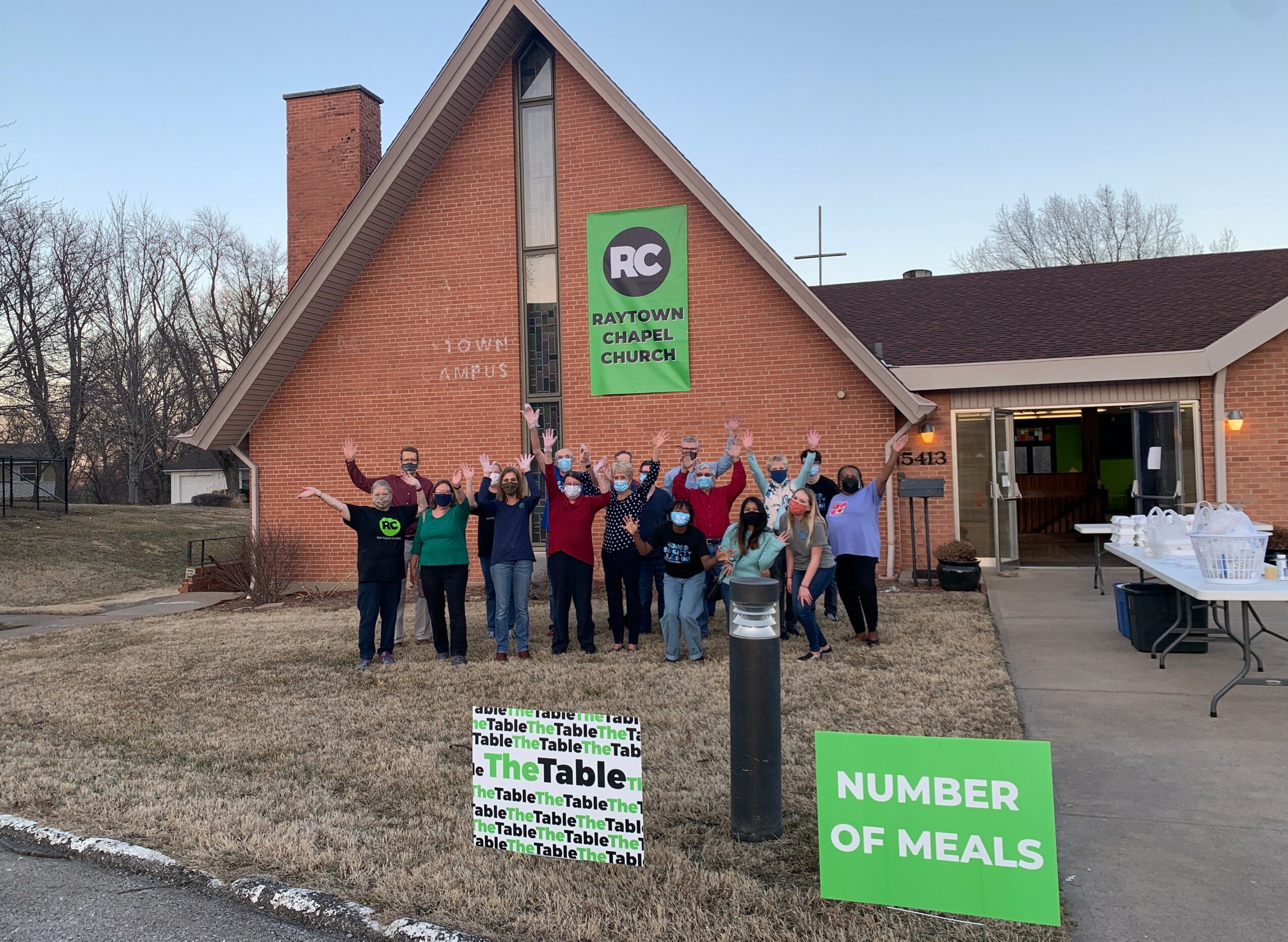
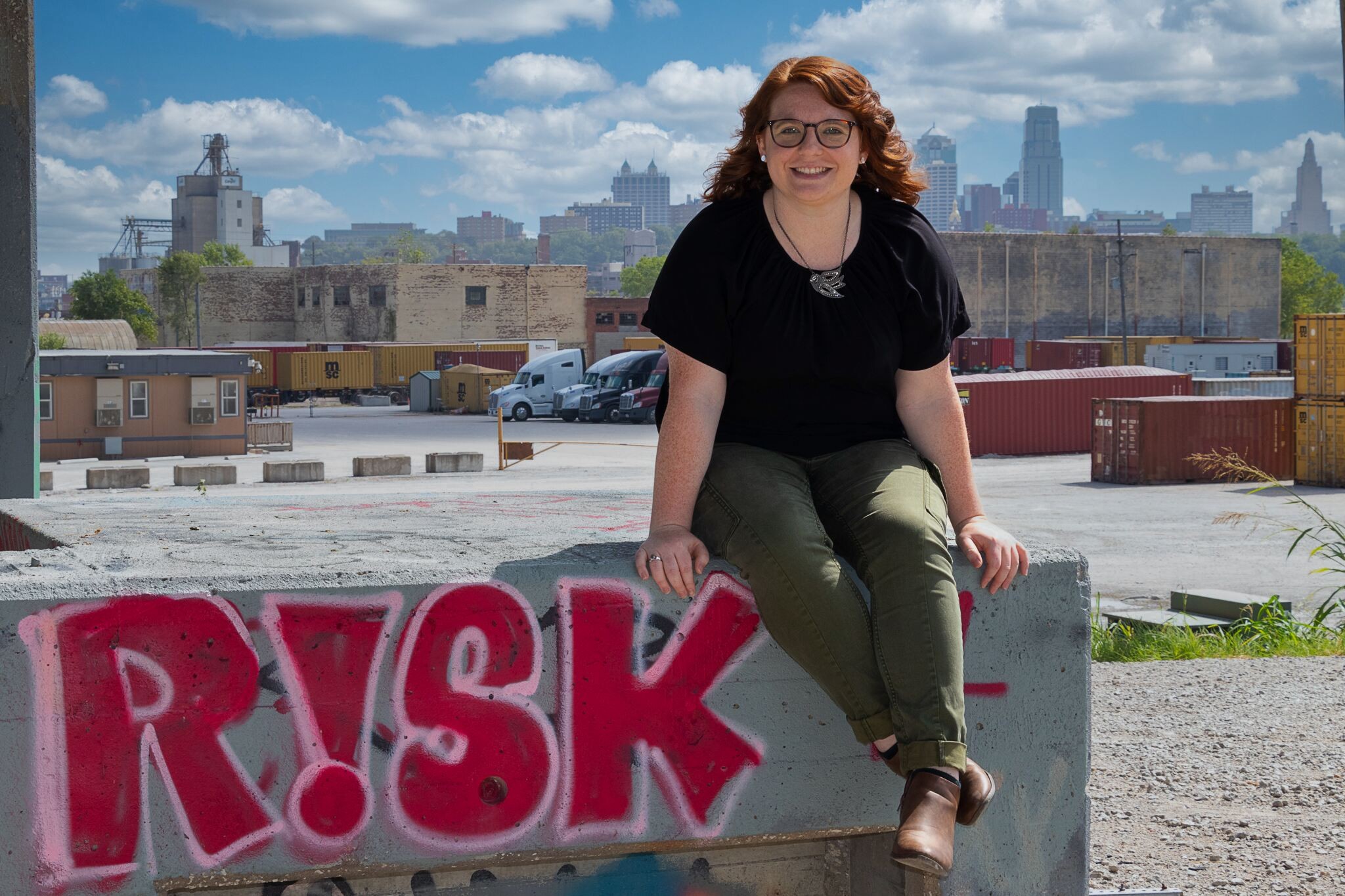
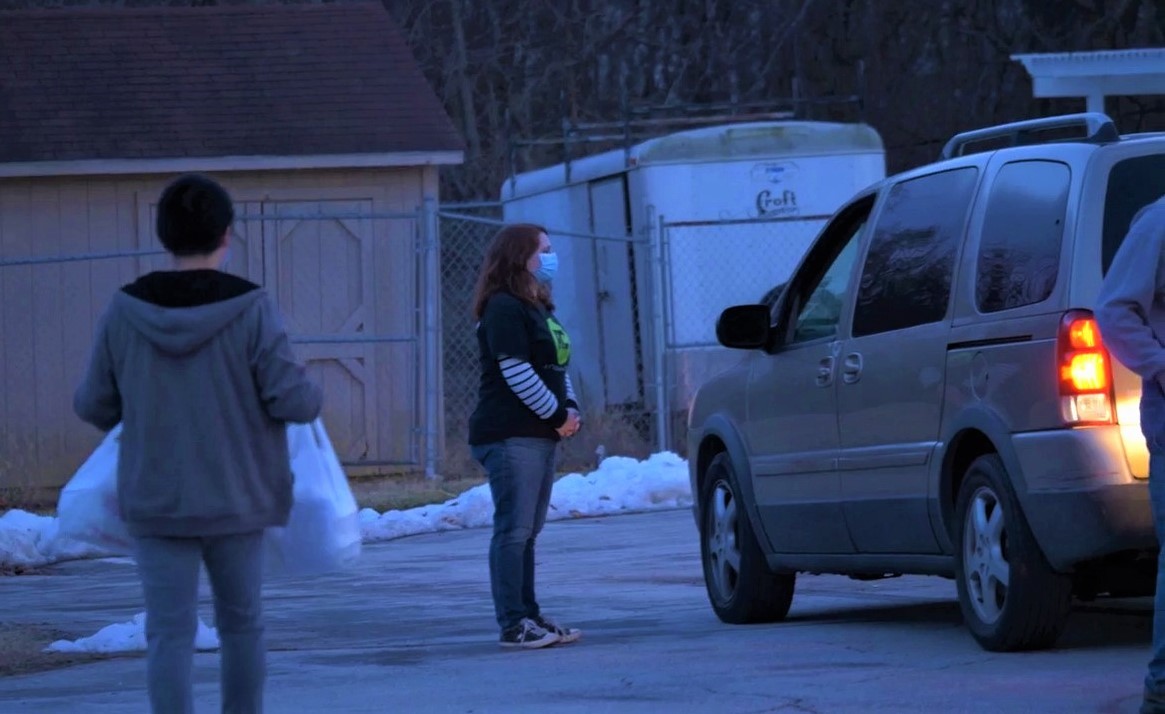 Image Credits
Image Credits
PeperPics













Nancy Powell
October 6, 2021 at 12:33 pm
An amazing and uplifting story of a remarkable young woman and her unique ministry throughout her community.